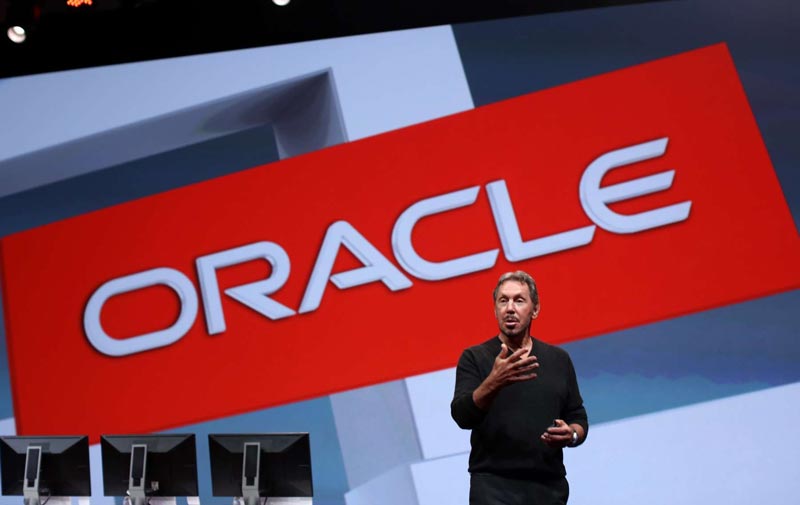After hitting a record high on Wednesday, September 10th, Oracle's stock price closed down over 6% on Thursday. Analysts raised multiple risks regarding Oracle's massive order book, including the fact that the majority of the company's future growth will come from a single customer: OpenAI.

Oracle released its first-quarter results after the US market closed on Tuesday, September 9th. During the earnings call, Oracle disclosed that its remaining performance obligations (RPO) had surged to $455 billion, a 359% year-over-year increase, with $317 billion added in the first quarter alone. Oracle CEO Safra Catz stated that the company signed four large contracts with three different customers last quarter and expects more similar deals in the coming months, pushing its backlog to over $500 billion.
Oracle forecasts that cloud infrastructure revenue will grow 14-fold by 2030.
Oracle, known for its database software, has recently made rapid progress in the hot cloud computing market, competing with Amazon, Microsoft, and Alphabet's Google for AI computing power. Oracle has partnered with companies like Nvidia to deploy large-scale GPU clusters within its cloud infrastructure (OCI), providing powerful computing power for AI model training and inference.
After Oracle released its first-quarter results, the company's stock price rose 30% in after-hours trading on Tuesday. On Wednesday, the stock closed up nearly 36%, reaching a record high of $328.33.
Oracle's massive order demonstrates the robust market demand for AI computing power. Led by Oracle, the market trend in the AI sector reversed on Wednesday, with AI-related stocks such as Broadcom, Palantir, and Advanced Micro Devices all rising.
However, a report has tempered the excitement surrounding Oracle. OpenAI has reportedly signed a contract with Oracle to purchase $300 billion worth of computing power over approximately five years, starting in 2027 and averaging approximately $60 billion annually.
Oracle reported $317 billion in new future contract revenue in its first-quarter fiscal 2026 financial report. This means that the OpenAI deal accounted for nearly 95% of Oracle's new future contract revenue for the quarter.
Analysts Begin to Raise Questions
This has sparked concerns and skepticism among analysts, although several institutions have raised their price targets for Oracle.
"Reports that Oracle's backlog is almost entirely attributable to OpenAI significantly reduce our enthusiasm for the news regarding Oracle orders," Gil Luria, an analyst with a neutral rating on Oracle stock, wrote in a report on Thursday, September 11.
JPMorgan Chase also stated in a research report on the 10th that the market may be overlooking several core issues: customer concentration risk, the fact that most revenue may not be recognized until the distant future, the fact that the majority of new orders are related to AI model training, a business with relatively low profit margins, and questions about whether Oracle has sufficient funds to finance the astronomical infrastructure investment required to support such a massive order.
Morgan Stanley also predicted in a report the same day that only approximately 10% of the $455 billion RPO would be recognized as revenue within the next 12 months. Furthermore, current orders are primarily concentrated in large orders from AI giants such as OpenAI, and increased customer concentration poses the risk of single-source dependence.
By Thursday's close, Oracle's stock price fell 6.23% to $307.86. Oracle co-founder Larry Ellison's net worth shed $20 billion that day, also falling from its all-time high, further widening the gap between him and Elon Musk, the world's richest man. The day before, Ellison's net worth had soared by over $100 billion, briefly surpassing Musk for the top spot.




